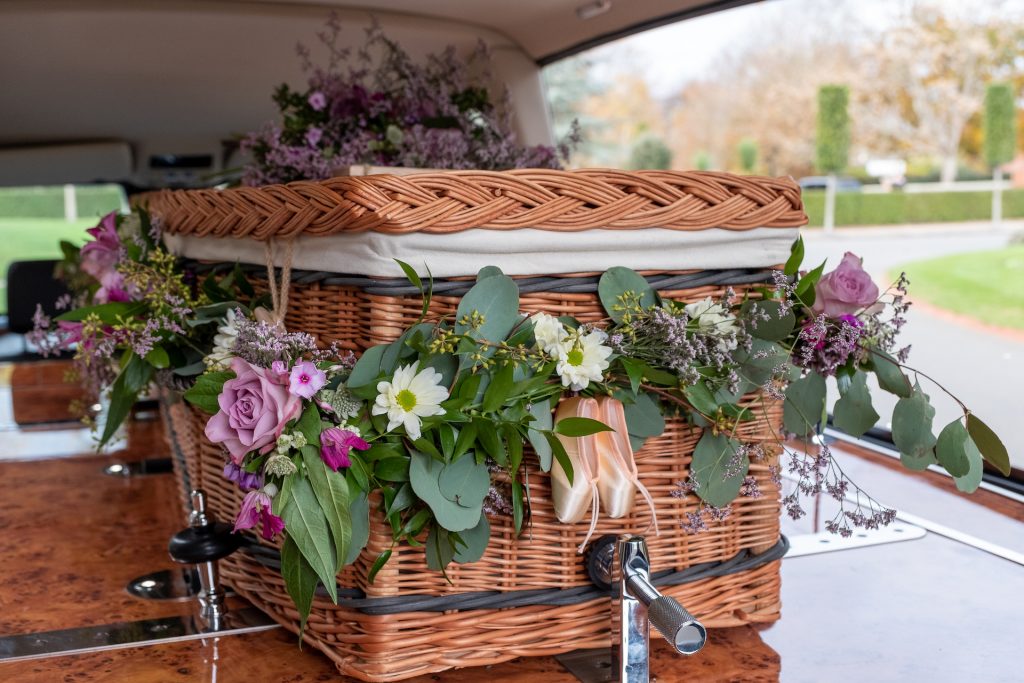
Planning the funeral
‘Funerals are important. They are the public acknowledgement of the ending of a life. The rituals of a funeral play a part in the processing of loss. But there is no right way. Create the funeral that works for you. Find the right people to help you do this. And don’t be afraid to say no to things – or people – that don’t feel right. Trust your instincts.’ Fran Hall CEO Good Funeral Guide
What is a funeral for?
Funerals are almost always public events. For millennia, communities have responded to the need to acknowledge a death by gathering together to bid them farewell.
A funeral ceremony places the person who has died at the heart of the gathering, enabling those who knew them to come together to say goodbye, and to support one another in their loss.
Releasing the connection to someone important with love and care is the last thing you can do for them – and for yourself. Bidding the physical presence of that person farewell can help you begin to come to terms with their absence.
Taking the lead in producing a communal grieving ritual in our own familiar style can help us to engage with the loss rather than letting strangers take over the process.
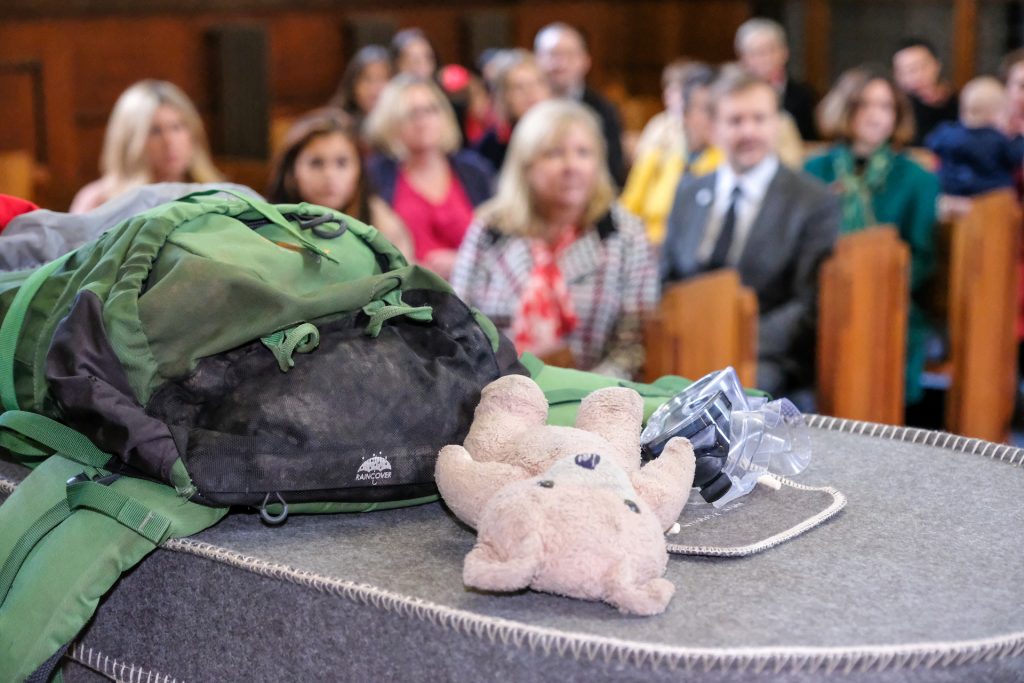
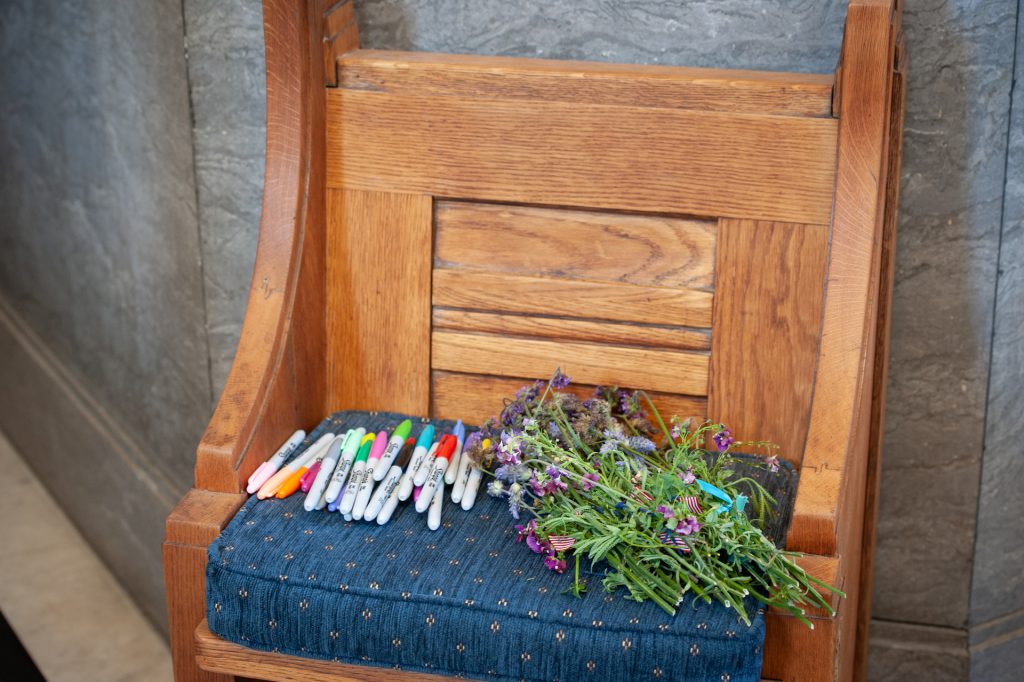
Budget
We believe that it’s not the amount of money spent on a funeral that matters, but the time, energy and commitment put into organising it.
There are many ways of achieving a wonderful funeral without spending vast amounts of money – helping to create a funeral can be an empowering, satisfying and supportive act of community for everyone around the person who has died.
You can get help and advice from the Down to Earth project run by Quaker Social Action to address funeral poverty, the Citizen’s Advice Bureau and the Money Advice Service
What to do with the body
The person that has died may have left instructions about what they wish to be done with their body when they die or you may have to make the decision yourself based on what you think the person would want.
Currently in the UK (2025) the choice of what to do with the body is either to cremate or to bury it. With burial, you will be able to choose either a traditional burial in a cemetery or churchyard, or burial in a natural burial ground.
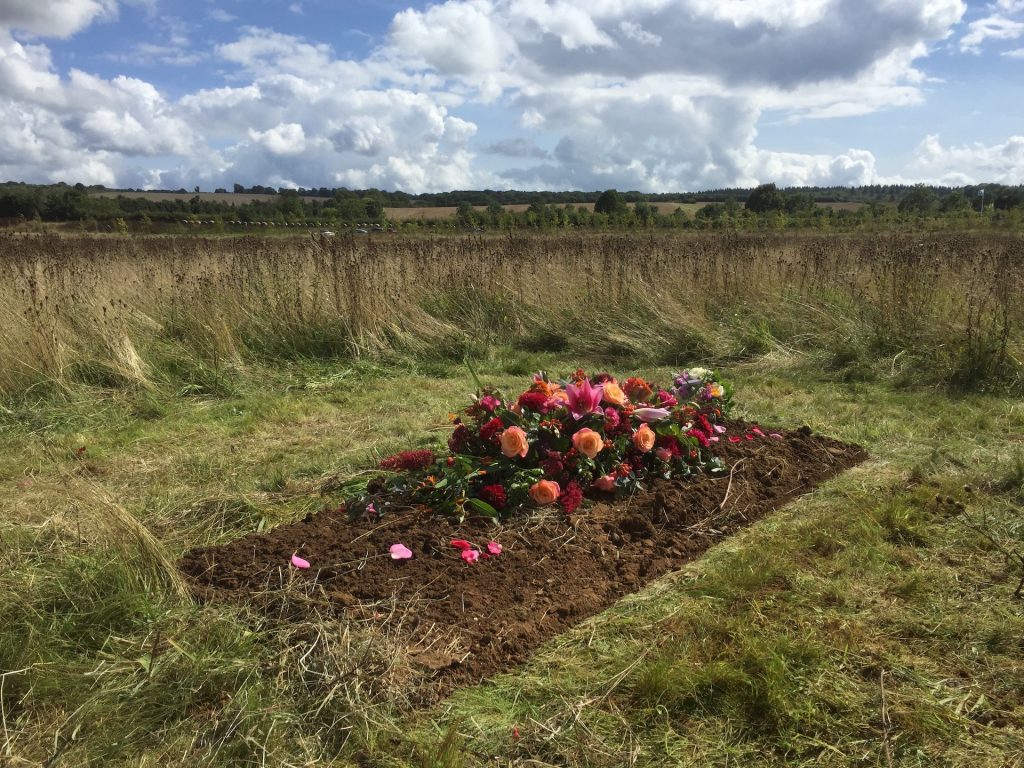
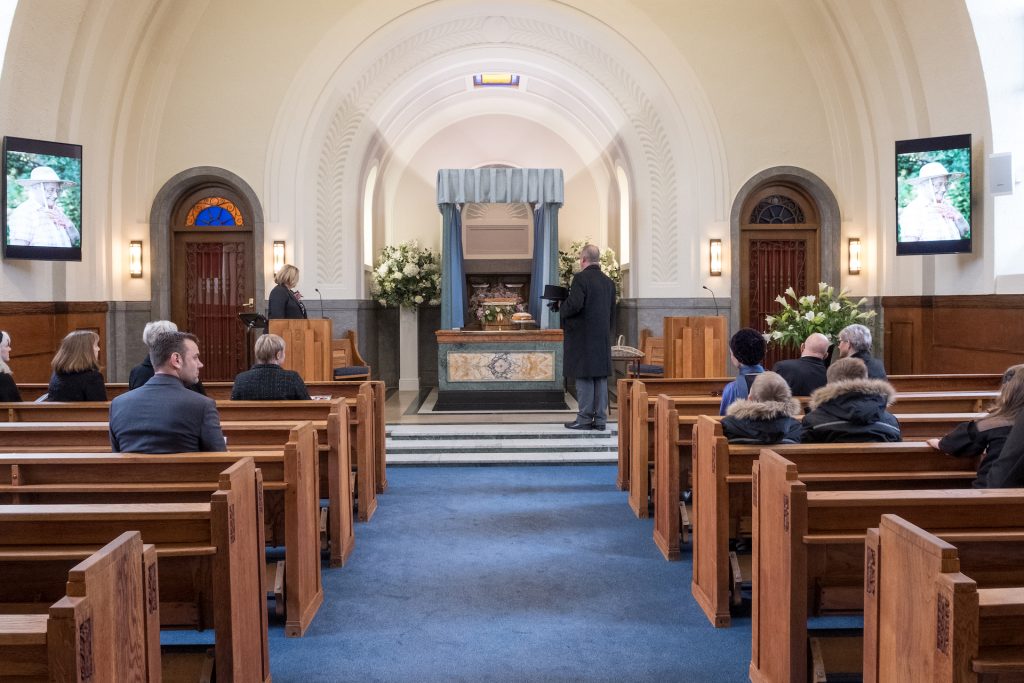
Cremation
The Cremation Society of Great Britain estimates that around 80% of the population now opt for cremation, compared to 50% 60 years ago.
For some, cremation fulfils a cultural or religious expectation, for some it is a family tradition. Some see it as a way of having more time to consider where they want the physical remains of the person to be or to keep them with them at home. And for many it is because it’s a less costly option than burial.
Costs and the facilities at a crematorium will vary widely depending on the location, which company or local authority is responsible for it, the time of the day the funeral is held and the day of the week.
Remember, you can choose whichever crematorium you want to use, you don’t have to pick the one closest to you.
Some things you might want to think about:
Do you want to hold a ceremony elsewhere prior to the coffin being taken to the crematorium for the cremation?
If you want to hold the ceremony at a crematorium, the quality of the facilities are likely to be important to you.
You may want to ask about the length of time available to you, whether seating is flexible, whether you can bring personal items and / or decorate the space at all, whether you would be allowed to light candles, whether dogs or pets are permitted inside, whether there is a waiting room, what the loos are like, whether it is easily accessible by public transport. Are there photos online? Or client reviews? You are essentially hiring a venue, so you have every right to ask all about it beforehand.
Ask your funeral director to talk all the options through with you and have a look at crematoria websites. If you have time, and feel it would be helpful, go and visit in advance.
Burial
Whilst far fewer people are buried than cremated, burial remains important for those for whom it’s a family tradition or a cultural or religious expectation. A grave is somewhere to go to spend time with that person, to have a place to bring mementos and flowers. For others, a natural or woodland burial is an important environmental consideration.
Costs will vary widely depending on the location, who owns the land, if you have already purchased a plot or if a family member is already buried there. Ask your funeral director to talk all the options through with you.
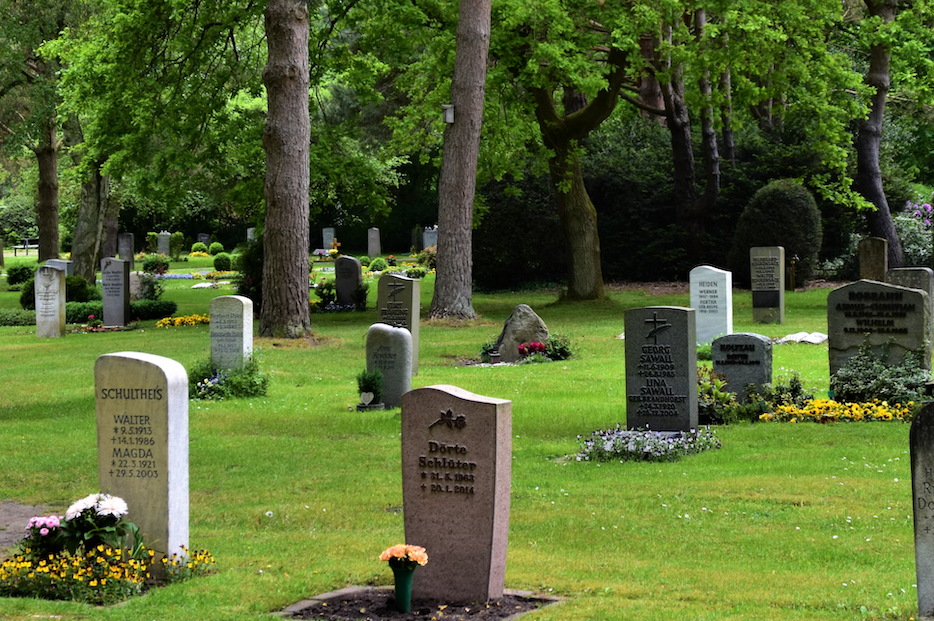
Find a celebrant
If you (or the person who has died) want a religious funeral, you’ll need an authorised religious appointee. Contact your local minister, place of worship or faith group, or ask your funeral director to appoint someone for you or to give you some contact details.
If you do not want a religious minister to lead the funeral you can hire a celebrant instead. Thee are various kinds of celebrants:
Humanist celebrants conduct entirely non-religious funerals.
Independent celebrants conduct both non-religious and semi-religious funerals.
An interfaith minister conducts ceremonies for people from all faiths, spiritual paths and outlooks on life.
A good celebrant will work closely with you either to create, or help you create, the right ceremony for you. They can write and deliver the entire ceremony, do some of it, or enable you to do everything yourself, acting as facilitator on the day to hold it all together, leaving you to be part of the ceremony.
If you have already engaged a funeral director and set a date for the funeral then the funeral director will offer to appoint a celebrant for you.
We suggest you ask them to give you a list of the ones they recommend or do some research for yourself to find the right person for you.
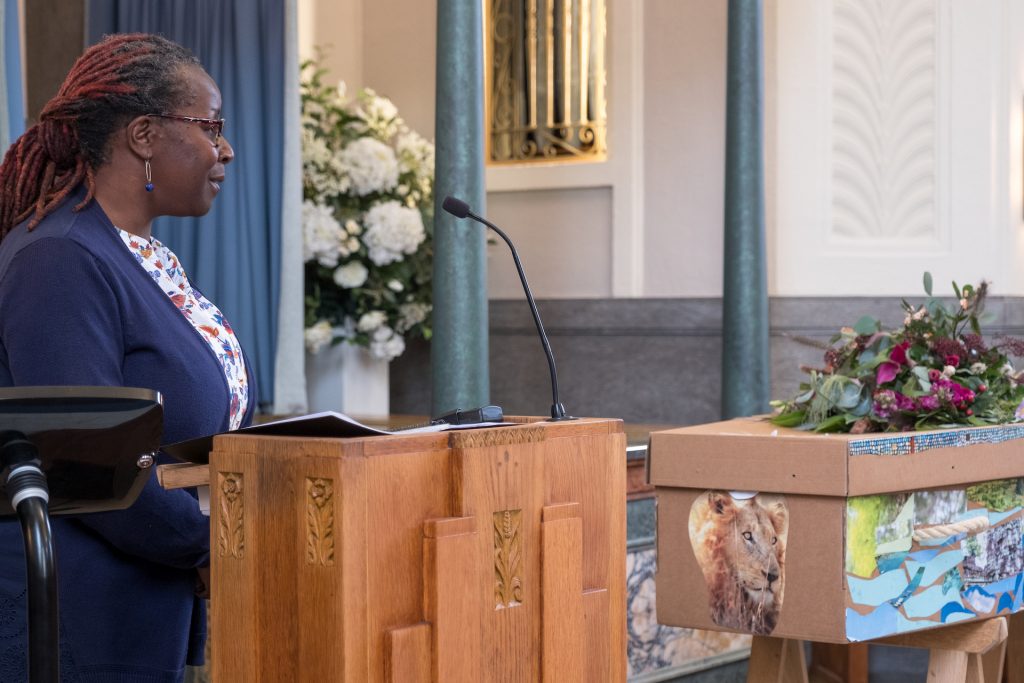
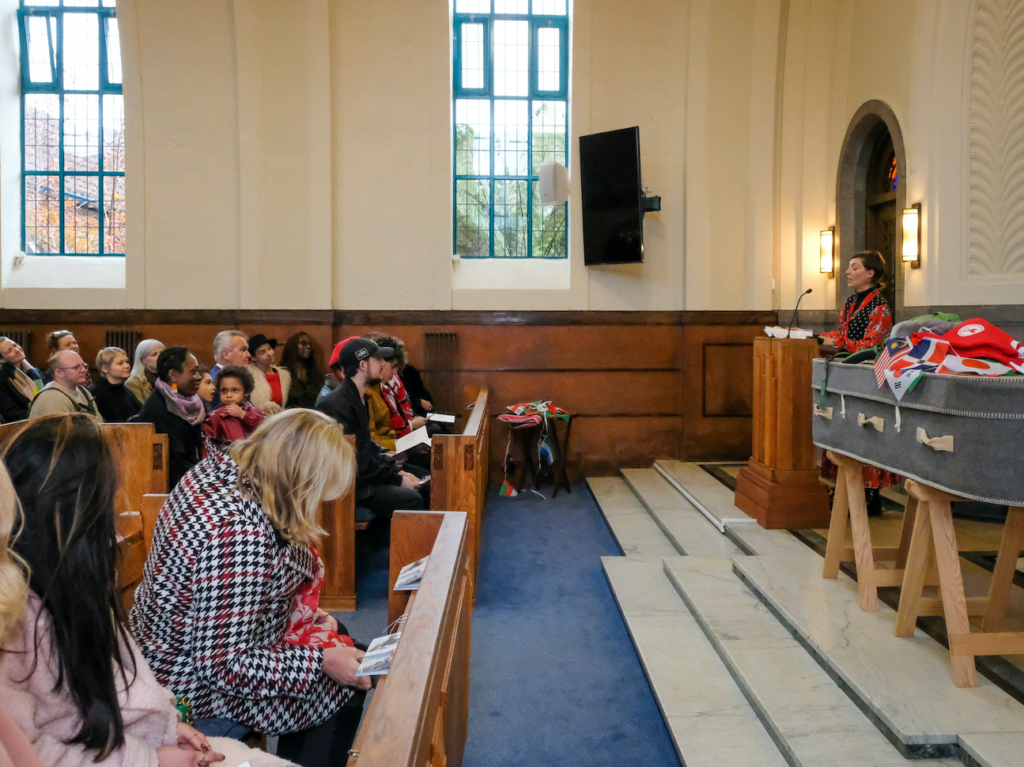
Choosing the right celebrant
There are far too many celebrants working in the UK and too many organisations offering training for the Good Funeral Guide to be able to establish an accreditation programme, or for us to be able to recommend individuals with confidence.
We are founding members of the Funeral Celebrancy Council which is committed to setting standards for excellence in celebrancy and has created checklists to assist members of the public and funeral directors when working with celebrants to promote best practice and to help with finding the right person for you. Celebrants are invited to sign up to these standards through the Funeral Celebrant Accord.
Celebrants are usually self-employed and set their own fees. Most charge a flat fee which starts from around £200– £350. Some charge by the hour. Ask what this includes when you speak to them.
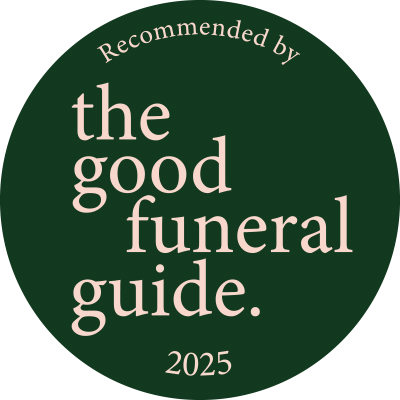
Find a funeral director
It’s worth spending some time looking at websites to get the feel of a company you’re thinking about choosing. Our list of Recommended Funeral Directors have all been through our rigorous accreditation process.
Venue
You can choose to hold a funeral ceremony anywhere rather than thinking you have to have it at a crematorium, a cemetery chapel or a place of worship.
If a venue is happy to accommodate a coffin, then you can hold a ceremony anywhere you like.
Some suggestions are a village or town hall, a pub, a theatre, a museum, a social club, a stately home, a college or school, or your own home or garden.
The photo shows a community hall used for a ceremony recently by one of our Recommended Funeral Directors
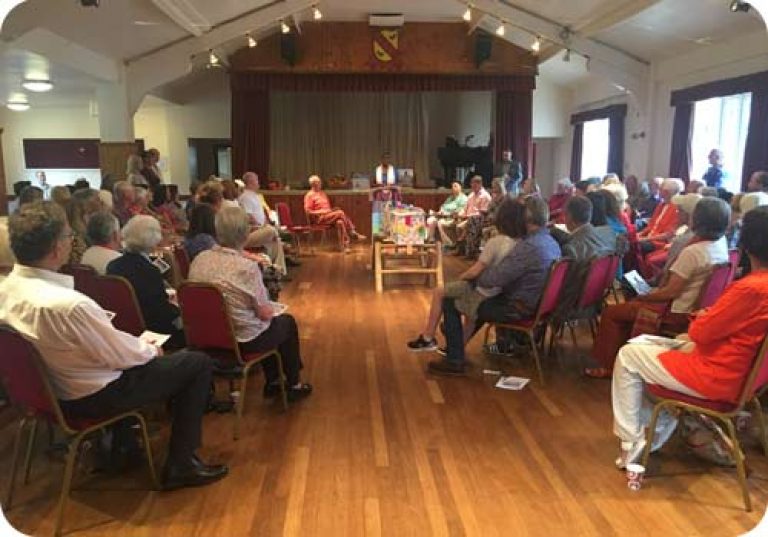
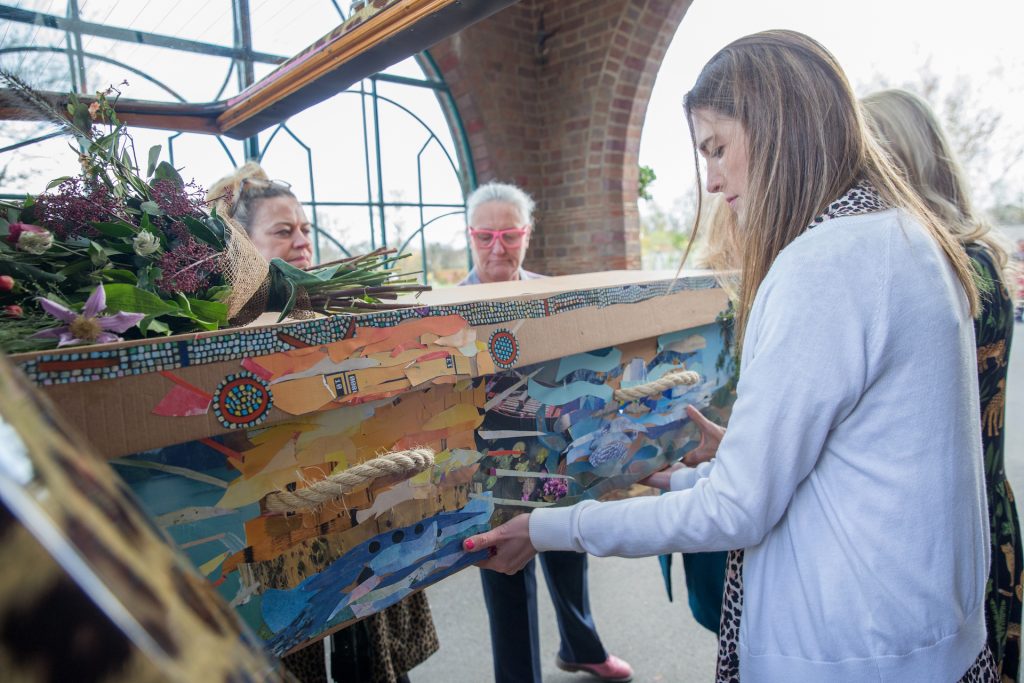
Coffins
Most people will buy a coffin through the funeral director when arranging the funeral.
But you don’t have to; you can buy your own one directly from the manufacturer, or even make your own.
A good funeral director will talk you through what you need to do and point you in right direction of a reputable coffin or shroud manufacturer who will sell to you directly. They will be able to provide you with the correct specifications to ensure that what you buy or make it’s fit for purpose.
The type of coffin you choose may depend on a number of things such as if the coffin is to be buried or cremated, whether you are planning to have an open coffin, how much money you want to spend, what sort of material is important to you and environmental considerations.
Types of coffins available
We have a huge range of coffins available in the UK, constructed from all sorts of materials and with varying environmental credentials.
You could also choose a shroud, although you will need to make sure that the crematorium or cemetery have no objection to this.
We are particularly happy to recommend Feet First Coffins as an environmentally responsible, ethical coffin supplier, and also the willow coffin suppliers Cradle to Grave and Musgrove Willows.
Yuli Somme at Bellacouche makes the most beautiful hand-made felt shrouds, and a recent arrival in the UK is the Loop Living Cocoon, grown from mushrooms and upcycled hemp fibres.
Some of the various kinds of coffins available in the UK are:
Cardboard, either plain for decorating, or in different colours, patterns and pictures or with a bespoke design.
Solid wood, either handmade or factory produced.
Willow, wool and other natural materials – these may be made from British grown materials, or imported from other countries (acquiring quite a carbon footprint in the process)
Shroud – it’s perfectly legal to cremate or bury someone in a shroud but not all crematoria will accept one.
MDF Veneer coffins – these are the most commonly used, they are mass produced and made from medium density fibreboard, then covered with a veneer to make them look wooden. Usually fitted with plastic ‘gold’ or ‘silver’ look handles.
Coffins can cost anything from around £150 to several thousand pounds. The price you pay for a coffin may be several times what the funeral director has paid for it although some don’t add a mark-up at all other than a handling fee.
There are far too many coffin manufacturers for us to establish an accreditation programme and to ensure we’re up to date, but if you contact us we’ll be happy to provide you with a few suggestions.
When considering a coffin, as well as the look and price, you may want to ask about where it was made, what materials it is made from, what it is lined with, and whether alternative handles can be provided rather than plastic ones.
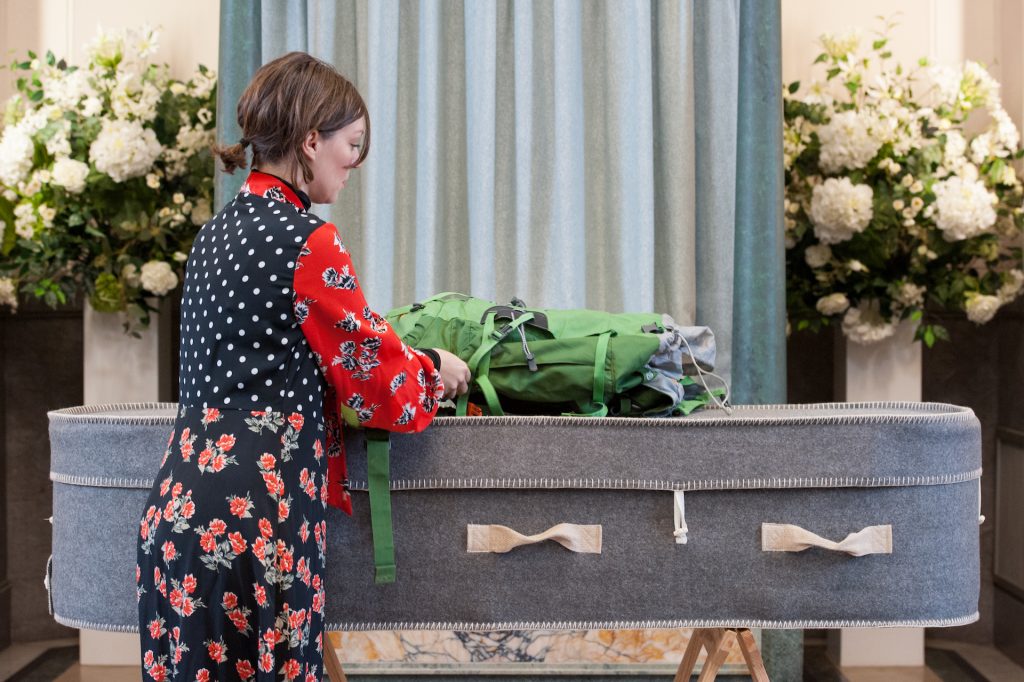
Donating your body for medical research
If you decide that you’d like to leave your body for medical and scientific research, then this will need to be arranged before your death. There will be no funeral but of course you can arrange a memorial ceremony of some sort. You will also need a ‘plan B’ though as when the death occurs the body may not be able to be used for a number of reasons. See here for more information.

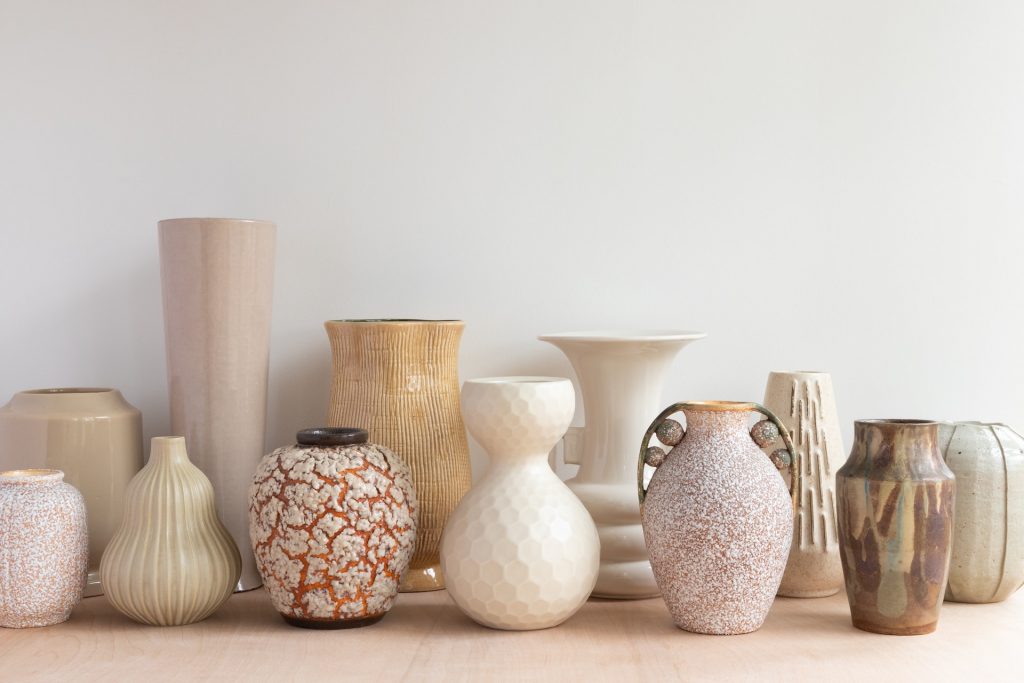
Cremated remains
The market for what are commonly referred to as urns or ‘ashes caskets’ is a huge one, and these specialised receptacles are often very costly.
Again, it’s worth thinking about what you want to do with the cremated remains. Do you want something beautiful or artistic to display, either indoors or outdoors?
Would you like a container that is very personal to the person who died? Do you need a container that will biodegrade when it’s buried or do you want one that will stay intact for as long as possible? Do you want to keep them in a huggable item such as a cuddly toy? Or do you just need a container that the cremated remains can be safely kept in until you decide what to do with them?
We love the idea of using favourite containers or tins that you already have at home to place cremated remains in – you don’t need to purchase a specially designed item from a funeral director or a bespoke manufacturer. That favourite biscuit tin or old jewellery box might be just the right choice for you, will cost you nothing – and may be the most meaningful and appropriate place for the cremated remains to be kept in.
At the other end of the scale, we recently heard from Merel and Jonathan at Urn Studios – they offer a curated collection of contemporary memorial urns intended to bridge the gap between art and remembrance.
Each piece is handmade by skilled artists, so if you’re looking for something unusual and special, have a look at their collection.
Elements of a funeral
A good celebrant will talk through with you what’s important to you in creating the ceremony, including the style, venue and content, and include some of the following.
Eulogy
This is the part where you share the life story of the person that’s died, the memories and stories you’ve talked about during the build up to the ceremony. Your celebrant can write this based on your conversations or you may want to write and present your own or do a combination of both. Traditionally it’s called the eulogy but this isn’t how you need to refer to it if that word doesn’t feel suitable.
Music
‘Music can name the unnameable and communicate the unknowable’. Leonard Bernstein
Most funerals will have music and the pieces you choose can have a powerful impact, expressing how you and everyone else feels.
The person that’s died may have left a list of the music that they want, or it may all be down to you. The amount you choose may depend on how long you have for the ceremony, but providing you don’t exceed the time limit at the venue then you can have as much or as little music as you like.
You may want pre-recorded or live music played by a member of the family or a friend or you can hire a professional musician.
Singing
‘Music – what a powerful instrument, what a mighty weapon’ – Maria August Von Trap
Singing together can be an important act of community and one that enables everyone to take part in the funeral. It may be something linked to your faith, heritage or family tradition. It’s important to think through if everyone at the funeral will be able to join in – hymns are often the first thing people think of when considering what to sing but they may not feel particularly relevant to you and many people aren’t familiar with hymns anymore. Perhaps consider a secular song instead, a pop song, something that’s been a family favourite. The list is endless, although it’s probably best not to be too obscure – you do want everyone to join in.
Poetry
‘Poetry is what in a poem makes you laugh, cry, prickle, be silent, makes your toenails twinkle, makes you want to do this or that or nothing, makes you know that you are not alone in the unknown world, that your bliss and suffering is forever shared and forever all your own’. Dylan Thomas
Poetry can give us ways to talk about and express grief, love, thanks and remembrance. It’s part of the public acknowledgement of how you feel.
It can be a cultural reference point which says something about your heritage. Those with a religious faith may choose text from a scripture, a prayer, or a blessing. Poetry can replace prayers and blessings as well as working alongside them.
Using poetry can be a way of others taking part too, either by selecting one or by reading it. Or you, someone in the family or a friend can write one as a way to honour the person, a gift to them and to yourself. The person that’s died may have been a poet or a writer; you could include this if it feels appropriate. You, or the person that’s died, may have a favourite.
Orders of service
You may want to have an order of service containing the programme, photos and information about the post funeral gathering and any charitable donations you’re inviting. A funeral director can put one together for you, although these are often fairly standard looking so you may want to create your own.
Committal
This is the part of the ceremony when everyone says goodbye to the body of the person who has died. At a crematorium it is customary for the coffin to be hidden by curtains or for the coffin to descend. The coffin does not have to disappear like this and a farewell can work just as well when the coffin stays in full view and people can come up to it, touch it, leave a message, place a flower on it, and say goodbye in this way.
For a burial this part of the ceremony is where the body is lowered into the ground.
Rituals
A ritual is a sequence of activities that can involve gestures, words, actions, or objects, something with a symbolic meaning or special significance, either something that you’ve performed in the past, or something new specifically created for this funeral.
For those with a religious faith, there will be a familiar text and symbolic acts as part of a funeral. For those with no religious faith, or for whom attending a place of worship is no longer part of their lives then you may have your own family and community traditions which can be replicated at a funeral, or you may want to think of new ones and ways of being inclusive of all beliefs.
Some suggestions of rituals that can work well – lighting candles and incense, a period of silence, joining hands, placing items on the coffin, sharing food and drink, bringing flowers and herbs to the coffin, writing and leaving messages.
In recent years, some people have chosen balloon releases, doves and butterflies being set free, or fireworks and lanterns being let off as rituals for funerals – we feel strongly that these have too many negative environmental impacts, so we would encourage more thoughtful ideas that can be just as impactful and meaningful, without risking harm to wildlife.
Flowers
Flowers have always featured at funerals, adding a freshness and beauty to the event and to the coffin. Florists can supply tributes in all shapes and sizes from a coffin spray to novelty shapes to woven garlands. Or you can simply bring flowers and herbs from your garden.
If you’re having a burial, they can be buried with the person that’s died or laid on top of the grave. At a cremation the flowers are no longer burnt with the person that’s died, so if you don’t take them away with you they will be thrown away or added to a compost heap.
Making plans before you die
If you or someone close to you has a life limiting illness, or you simply want to plan your own funeral, you can consult a doula, a funeral director or a celebrant who will work with you to devise the funeral that most suits you.
We think it is important to remember who a funeral is for, and to leave space for your family and friends to have input to the funeral ceremony while steering them with your preferences about the kind of funeral that you would like.


It’s a good idea to have the support and agreement of those who will take over when the time comes, and to write everything down for them, then put your plans somewhere safe and make sure that people who need to know about them know where they are.
If you’ve not done so already, now’s the time to make a will particularly if your situation involves property or is complicated, and to consider making a lasting power of attorney.
And look out for local organisations and groups offering advice and information sessions on funeral planning such as Dying Matters, Age UK and Coffin Club.
We’d love your support
As a Community Interest Company, the Good Funeral Guide exists to benefit the community and to fulfil a social purpose. We rely on donations and goodwill to continue to do our work.
If you find our website helpful, please consider making a donation to help keep us going.
And if you’d like to support us while joining a community of like-minded people, why not consider joining the Good Funeral Guild?
